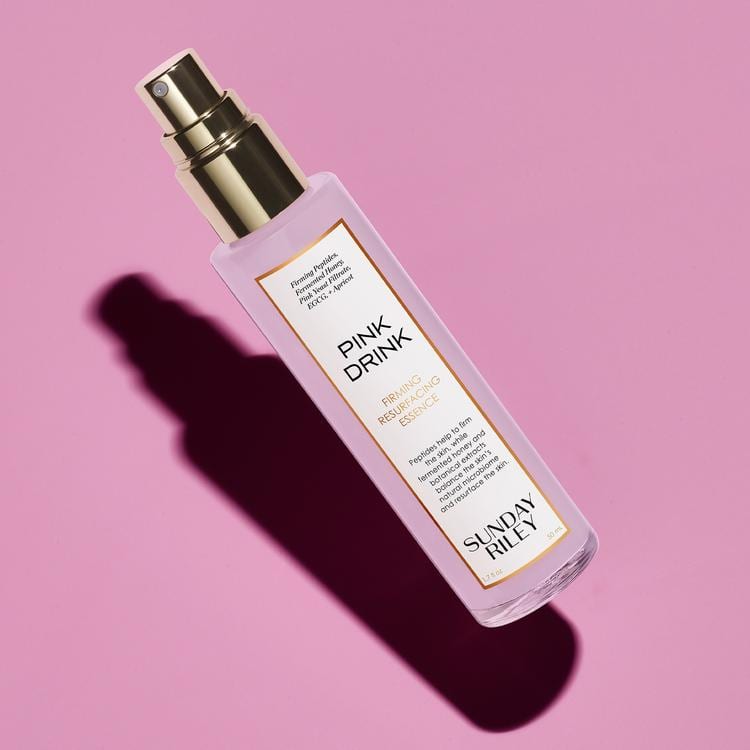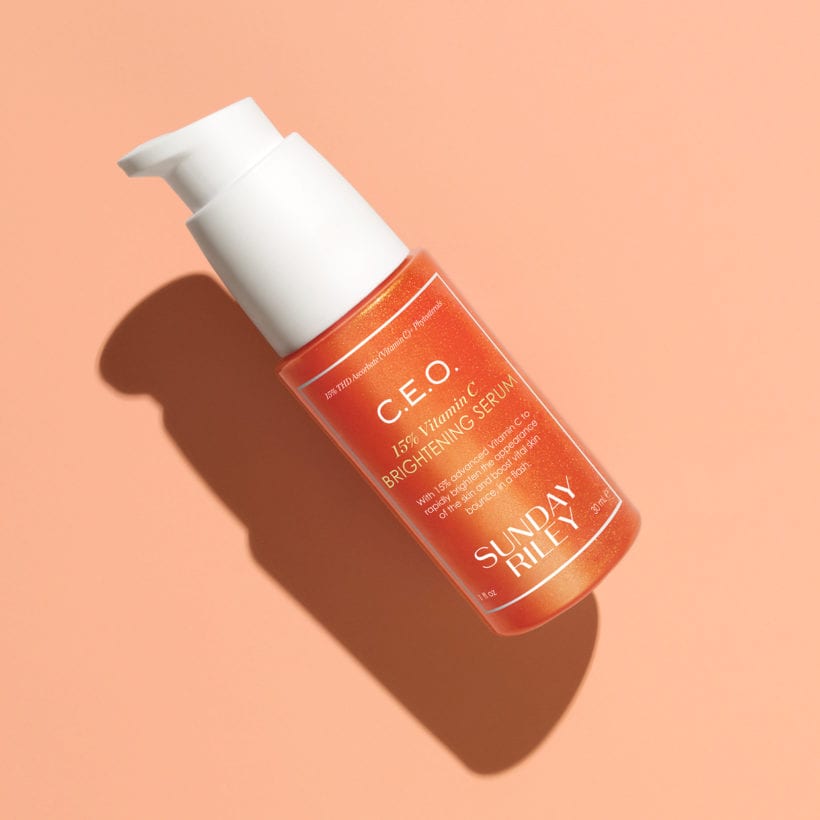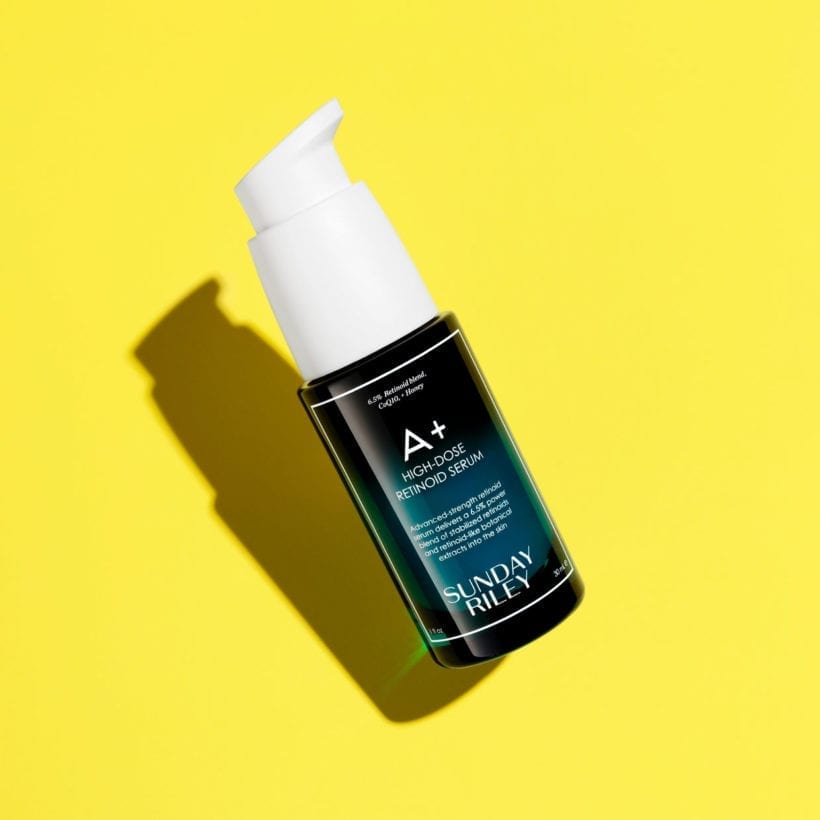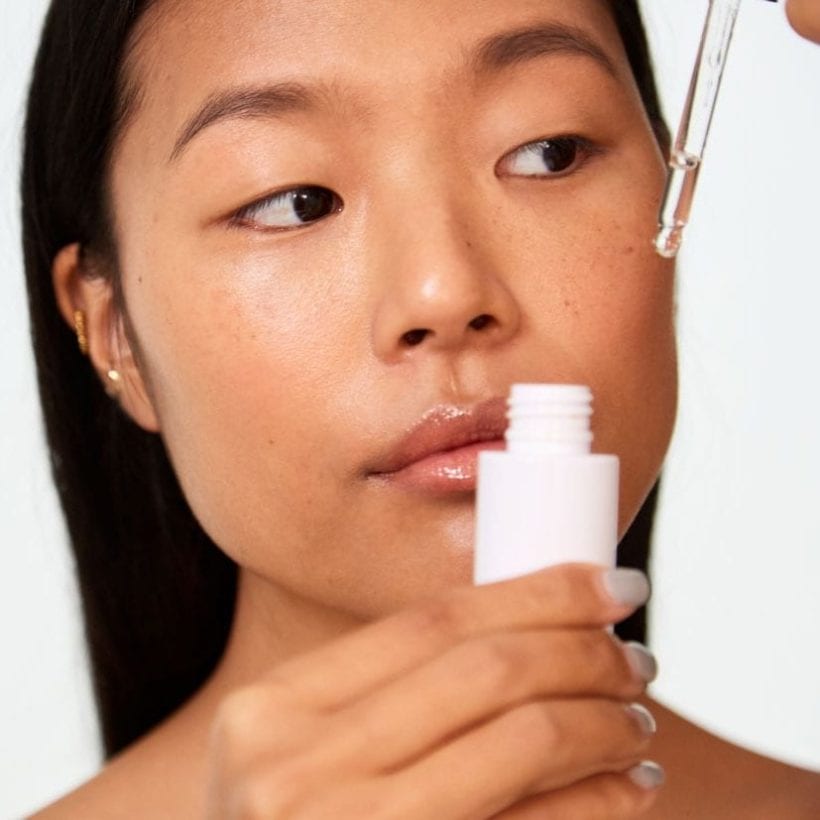Collagen, a major building block of our skin, is fundamental in ensuring healthy-looking skin as we age. Understanding how to boost collagen levels is a key element of skincare but thanks to its status as a trendy buzzword, it can get a little confusing. Here, we asked the experts those all-important questions about collagen.
What is collagen?
Collagen is one of the main proteins in the body and it’s found in both the skin and connective tissues. “It accounts for approximately one-third of your body’s protein,” cosmetic doctor Martin Kinsella explained. “Collagen consists of amino acids bound together to form a collagen helix,” aesthetics expert Dr. Yusra clarified. In your skin, collagen serves a number of different purposes. “In the dermis, the middle layer, collagen helps form a fibrous network of cells called fibroblasts, upon which new cells can grow,” Dr. Yusra highlighted. “It also plays a role in replacing and restoring dead skin cells,” she added.
Collagen also works alongside another key protein in the skin, elastin. “With elastin, it helps to aid the skin’s flexibility so that it can stretch and return to shape when you move or grow,” Kinsella said. This is particularly important when your body changes shape during puberty, pregnancy and weight gain.
Why does your skin need collagen?
Collagen is a key to youthful-looking skin. “It strengthens skin, enhances elasticity and boosts hydration,” Dr. Yusra clarified. “Collagen helps the skin to naturally renew itself, shedding old skin cells in order to allow new healthier ones to grow. It’s this that gives skin its glow and makes it look healthy,” Kinsella said.
How can you boost your collagen levels?
Unlike hyaluronic acid, collagen itself isn’t an ingredient that you can apply topically via skincare. “Collagen molecules can’t be directly absorbed into the skin because they’re too big,” Kinsella noted. Instead, you need to use skincare that either protects the collagen or encourages its production. Lifestyle plays a part too. “Factors such as smoking and eating an unhealthy diet with lots of sugar can affect collagen,” Kinsella said. Avoiding these as much as possible will improve your chances.
What skincare helps with collagen?
First up, you need to protect your skin from the sun. Besides aging caused simply by the passage of time, the sun’s rays are collagen’s next biggest nemesis. Wearing sufficient suncare every day (yes, even cloudy ones) is crucial. Look out for a formula that’s SPF 30 or higher with broad-spectrum UVA and UVB protection.
Secondly, incorporate ingredients that support the skin’s ability to produce collagen. These include actives like peptides, retinol and vitamin C. Consider including an active ingredient-based serum in both your morning and evening routine based on your skin type and skin needs. For example, a Vitamin C serum in the morning and a retinol serum in the evening.
How do collagen injections work?
Collagen-based injections, commercially known as Bellafill, are becoming an increasingly popular option for boosting collagen levels and giving that much-coveted plumped-up skin effect. In particular, because collagen itself can’t be used topically in skincare. “Collagen injections are a cosmetic procedure that is done by injecting collagen (made up of cow collagen) under your skin,” Dr. Yusra explained. “With the breakdown of collagen occurring in the body after a certain age, collagen injections can replace your body’s original supply of collagen,” she added. They can be used on the face or lips, and can also help scarring, wrinkles and gaunt cheeks. “The injected collagen smoothes skin and promotes collagen growth,” Kinsella said. The results are considered permanent but in truth to last up to about five years.
What about collagen drinks or supplements?
Visit any health store and you’ll likely see a plethora of items with added collagen. Drinks are one of the most popular collagen-based edible options. Normally these contain peptides that are digested into smaller molecules and then absorbed into our system when we drink them. Currently, the jury is out on whether they can actually make a significant impact on the skin.
“Research and studies are constantly taking place about the effectiveness of these drinks and skeptics argue that there isn’t enough evidence to show that the collagen molecules survive into the bloodstream and then positively impact the skin, however, many people do notice an improvement in their skin after drinking them for a prolonged period of time,” Kinsella said. Collagen supplements work a little differently. “These work by stimulating your body to produce collagen on its own and may promote the production of other proteins that help structure your skin, including elastin and fibrillin,” Dr. Yusra said. “Most supplements are hydrolyzed, which means the collagen has been broken down, making it easier for you to absorb,” she added. Much like collagen drinks, the research around their effectiveness is still in its early stages.
We only recommend products we have independently researched, tested, and loved. If you purchase a product found through our links, Sunday Edit may earn an affiliate commission.










